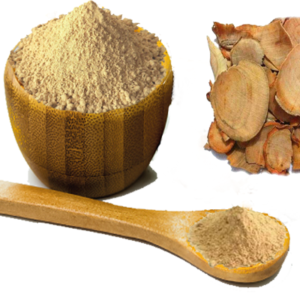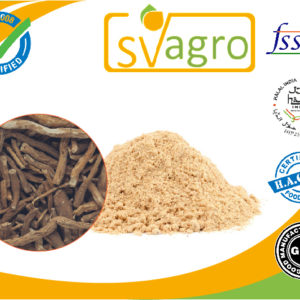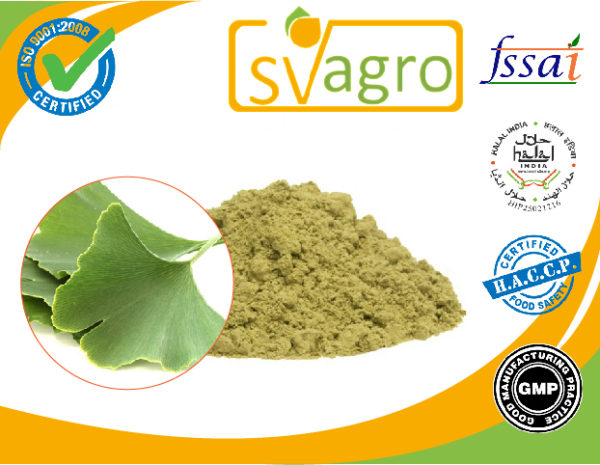Description
Ginkgo biloba is one of the world’s oldest living tree species. The earliest record of the use of Ginkgo Biloba leaves as a medicine is mentioned in the Chinese Materia Medical Shen Nung Pen Tsao Ching, as an aid for blood circulation and disorders of lungs. They are also used for chilblains and as a wound plaster. In 1932, Japanese Furukawa isolated ginkgolides for the first time, which were further investigated for their chemical structure in 1966. Dr. Willmar Schwabe Company produced the first extract from leaves in 1965. With the advent and popularization of antioxidant theory in recent years, Ginkgo biloba has rapidly become one of the most widely used health supplements in the world.
Ginkgo leaves contain flavonoids and terpenoids, which are both antioxidants. Antioxidants like those found in ginkgo fight off free radicals, and stop them from damaging DNA and other cells.
Function:-
- The leaves are still used in Chinese medicine to treat memory loss, stomach pain, dysentery, high blood pressure and anxiety as well as other respiratory problems like asthma, bronchitis, and poor circulation. The active component of Ginkgo biloba is the terpene fraction, which consists of ginkgolides and bilobalides. These ginkgo flavone-glycosides have powerful antioxidant and free radical scavenging capability.
- Ginkgo biloba is one of the world’s oldest living tree species. The earliest record of the use of Ginkgo Biloba leaves as a medicine is mentioned in the Chinese Materia Medical
- Shen Nung Pen Tsao Ching, as an aid for blood circulation and disorders of lungs. They are also used for chilblains and as a wound plaster. In 1932, Japanese Furukawa isolated ginkgolides for the first time, which were further investigated for their chemical structure in 1966. Dr. Willmar Schwabe Company produced the first extract from leaves in 1965.
- With the advent and popularization of antioxidant theory in recent years, Ginkgo biloba has rapidly become one of the most widely used health supplements in the world.
- The medicinal value and application of ginkgo Biloba extract is extremely broad. Adopted advanced technologies, processes and equipment, through further extraction, separation and purification, the more obvious pharmacological effects, in addition to significant antagonism PAF in vitro, can also in anti-inflammatory, anti-allergic, dilate blood vessels, protection of heart head blood-vessel, improve peripheral blood circulation, reduce serum cholesterol and auxiliary anticancer efficacy, can be widely used in cardiovascular, nervous system disease prevention and health care, etc
- Blood flow amelioration, increasing brain blood-supply;
- Blood fat and dense amelioration; anti cardiovascular disease;
- Anti-aging, eliminate free radical;
- Remember amelioration, activate thinking ability;
- Eliminate hands-feet anesthesia;
- Blood pressure regulation




Reviews
There are no reviews yet.